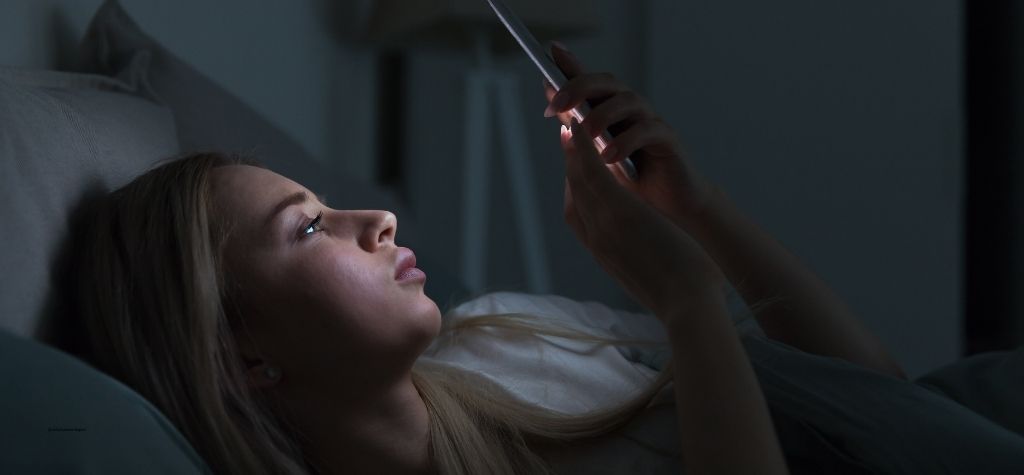Good vision is crucial for our daily activities, yet many people overlook the importance of protecting their eyes from conditions like night blindness. This condition, characterized by difficulty seeing in low light or darkness, can affect your quality of life and increase safety risks. Fortunately, there are ways to prevent night blindness before it begins.
This article outlines seven effective strategies to keep your eyes healthy and protect your night vision.
1. Understand Night Blindness

Before addressing prevention, it’s essential to understand what night blindness is. Medically termed nyctalopia, it’s not a disease but a symptom of underlying conditions like vitamin A deficiency, cataracts, or retinal disorders.
Symptoms of Night Blindness
- Difficulty seeing in dim light or darkness
- Trouble adapting from bright to dark environments
- Reduced peripheral vision
Knowing these signs can help you take early action to prevent progression.
2. Maintain a Balanced Diet
Your diet plays a critical role in maintaining eye health. Vitamin A, in particular, is essential for the production of rhodopsin, a pigment in your retina that helps you see in low light.
Foods Rich in Vitamin A and Eye-Friendly Nutrients
- Carrots, sweet potatoes, and pumpkin (rich in beta-carotene)
- Leafy greens like spinach and kale (packed with lutein and zeaxanthin)
- Fish like salmon and mackerel (high in omega-3 fatty acids)
- Eggs and dairy products (good sources of vitamin A and zinc)
Adding these foods to your diet can significantly improve your overall vision and reduce the risk of night blindness.
3. Protect Your Eyes from Harmful UV Rays
Prolonged exposure to UV rays can damage your retina and worsen vision problems over time. Protecting your eyes from sunlight is a simple yet effective way to preserve night vision.
Best Practices for UV Protection
- Wear sunglasses with UV-blocking lenses during the day.
- Use a wide-brimmed hat to shield your eyes from direct sunlight.
- Avoid looking directly at bright light sources, even during daytime.
Consistent UV protection ensures long-term eye health.
4. Avoid Prolonged Screen Time

Excessive screen use can strain your eyes, affecting your ability to see clearly in dim lighting. Blue light emitted by screens has been linked to eye fatigue, which may indirectly impact night vision.
Tips to Reduce Screen Time
- Follow the 20-20-20 rule: Look at something 20 feet away for 20 seconds every 20 minutes.
- Use blue light-blocking glasses or filters.
- Reduce brightness settings on your devices, especially at night.
Limiting screen time and adopting these measures can help protect your vision.
5. Get Regular Eye Checkups
Routine eye exams are essential for detecting early signs of vision problems, including conditions that may lead to night blindness.
Key Benefits of Eye Exams
- Detecting conditions like cataracts, glaucoma, and diabetes-related eye damage
- Monitoring changes in vision and adjusting prescriptions as needed
- Identifying potential deficiencies or other risk factors
Schedule comprehensive eye checkups at least once a year, or as recommended by your optometrist.
6. Manage Chronic Conditions

Chronic conditions such as diabetes, hypertension, and certain autoimmune disorders can contribute to eye problems, including night blindness.
Steps to Protect Your Vision
- Control blood sugar and blood pressure levels.
- Stay informed about medication side effects that may impact vision.
- Work with your healthcare provider to manage conditions effectively.
Taking these steps ensures your overall health supports optimal eye function.
7. Practice Eye-Strengthening Habits
Simple daily habits can go a long way in improving and maintaining your vision.
Eye-Strengthening Tips
- Perform eye exercises such as focusing on objects at varying distances.
- Use proper lighting when reading or working to avoid straining your eyes.
- Take regular breaks from activities that require intense focus, such as computer work.
These practices help reduce eye fatigue and promote better adaptation to low-light environments.
How to Spot Early Signs of Night Blindness

It’s essential to identify early signs of night blindness to address the issue before it worsens. Common indicators include:
- Struggling to see in dim lighting.
- Difficulty transitioning from bright to dark settings.
- Persistent eye discomfort or fatigue after prolonged activities.
If you notice any of these signs, consult an eye specialist promptly.
FAQs
1. What is the primary cause of night blindness?
Night blindness is commonly caused by vitamin A deficiency, cataracts, or retinal disorders.
2. Can night blindness be reversed?
In many cases, addressing the underlying cause—like improving vitamin A intake—can reverse night blindness.
3. What vitamins help prevent night blindness?
Vitamin A, lutein, and zeaxanthin are vital for preventing and managing night blindness.
4. Are there any medical treatments for night blindness?
Yes, treatments vary based on the cause, such as vitamin supplements, surgery for cataracts, or managing chronic conditions.
5. Does screen time cause permanent night blindness?
No, but excessive screen time can strain your eyes and worsen symptoms.
6. Can children develop night blindness?
Yes, children with vitamin A deficiency or certain genetic conditions can experience night blindness.
Conclusion
Preventing night blindness starts with proactive care. By adopting a healthy diet, protecting your eyes, and staying vigilant about early signs, you can maintain clear vision for years to come. Regular eye exams and mindful habits will keep your eyes functioning optimally, ensuring that night blindness never disrupts your life.

